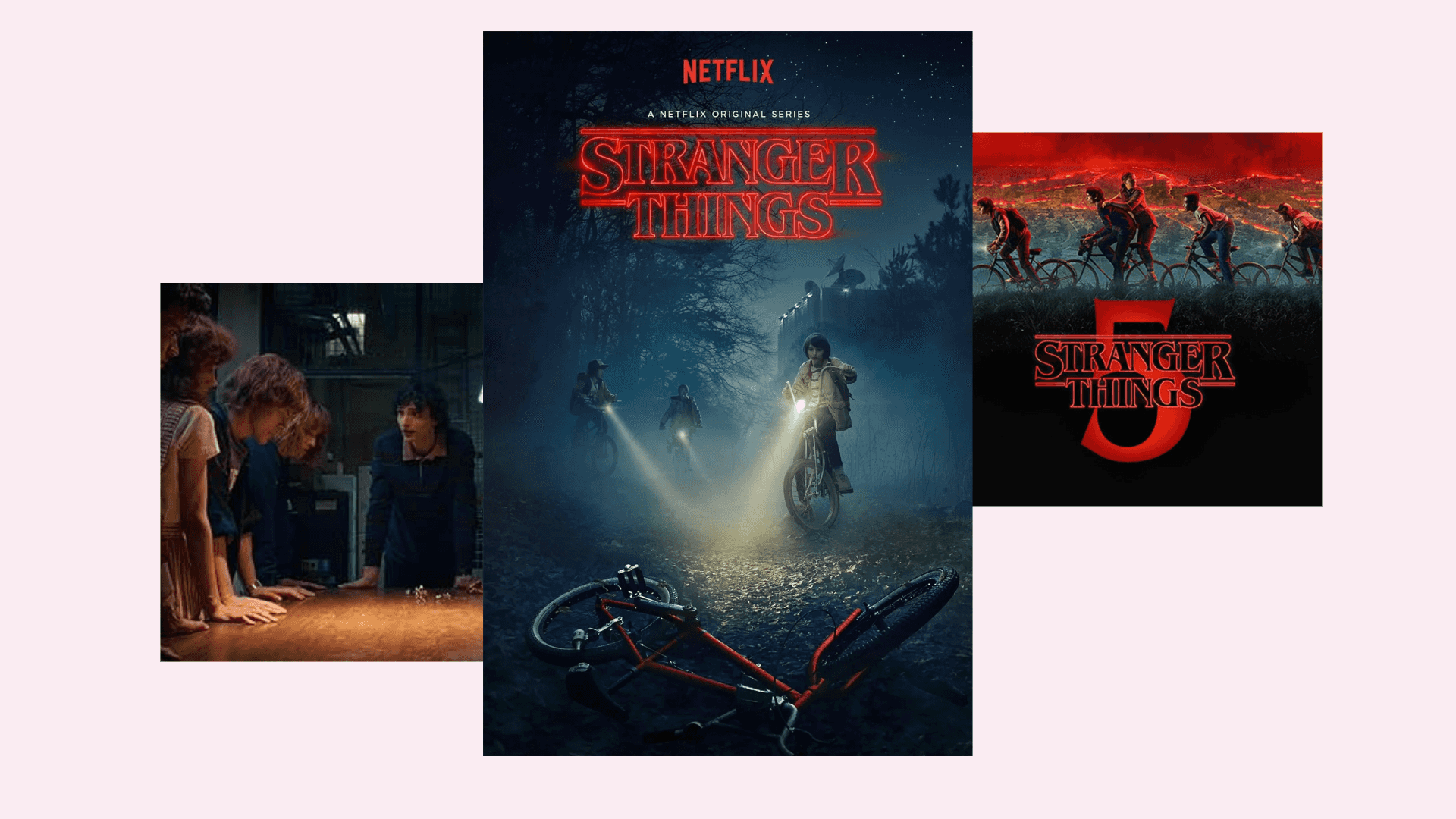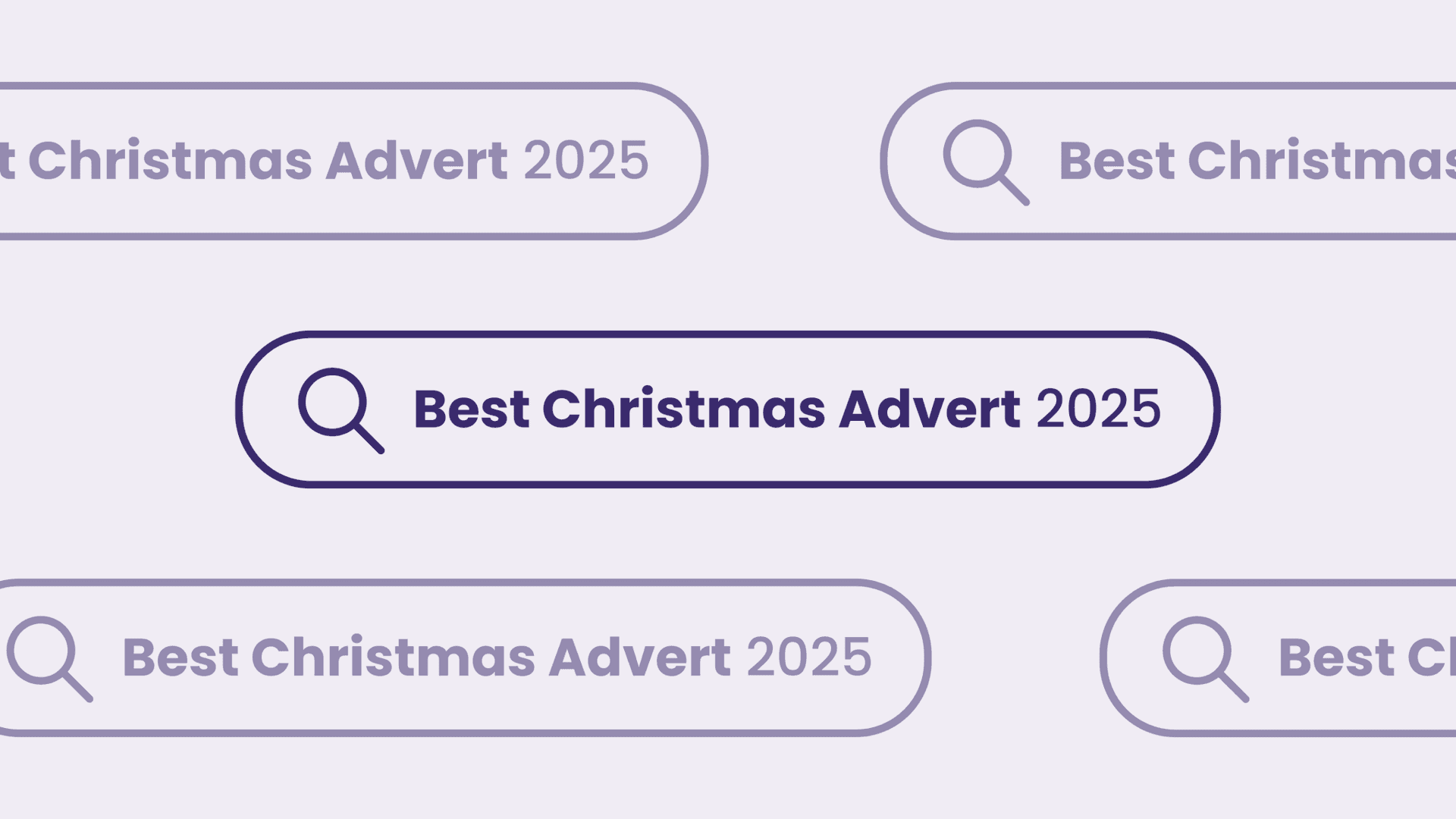
We Need To Talk About Link Building
Written by Elise
Backlinks from other websites to yours are one of the most important factors in SEO and a website’s success. However, we’ve always known it’s not all about the numbers as has been confirmed recently by Google’s John Mueller! This blog post highlights the importance of building high-quality, highly-relevant links.
An Introduction to Backlinks
A backlink is a link from one webpage to another, and with each quality backlink comes a vote of authority from another website. There are several different ways to earn backlinks, and some of these can cause the opposite effect than you’re looking for. Followed backlinks from trustworthy and high-authority sites are the most desirable, where low authority and potentially spammy websites can have an undesirable effect such as those that can be bought relatively cheaply.
A domain authority score on a 100 point scale is used to measure how authoritative a link is. In general, websites with numerous high-quality inbound links will have a high domain authority, where smaller websites with fewer external links will score low DA. However, having a high DA isn’t the only important factor and should instead be considered more as a comparative metric when looking at competitors. For example, for DUSK it can be seen that following outreach and obtaining highly-relevant links from publications such as Ideal Home towards the end of 2020, the domain rating of the website grew, as can be seen below;
Ahrefs can show you the complete picture of how your website is performing with regards to domain rating, backlinks and whether they are followed or no followed links. No follow links are hyperlinks with a rel=”nofollow”attribute in the HTML code and have been known to be ignored in the past by Google as it is a signal that it is a less trustworthy link. With that being said, John Mueller recently disclosed that no-follow links do still have some value; just not as powerful as a followed link.
Let’s Hear It From Google’s John Mueller
In a recent Google Search Central SEO hangout, Google’s John Mueller suggests that it is not the number of backlinks pointing to a website that help it perform better, but rather the quality of the backlinks;
“I don’t think we differentiate like that in our systems. From my point of view, I would tend not to focus on the total number of links to your site, or the total number of domain links to your website, because we look at links in a very different way.”
Therefore in theory, if a website builds thousands of low quality links, Google may just ignore them all.
“We try to understand what is relevant for a website, how much should we weigh these individual links, and the total number of links doesn’t matter at all. Because you could go off and create millions of links across millions of websites if you wanted to, and we could just ignore them all.”
While achieving fewer, high-quality and relevant links will give more information to Google on how to treat a webpage. For example;
“There could be one really good link from one website out there that is, for us, a really important sign that we should treat this website as something that is relevant because it has that one link. I don’t know, maybe from a big news site’s home page, for example. So the total number essentially is completely irrelevant.”
It’s Not All About Follow Links
It’s all about the bigger picture. Although a dofollow link may have greater impact, nofollow links can also add great benefit to a website. This is explained further by John Mueller;
“I think we’re already in that state we’re using nofollow as a signal. It’s not the case that we completely always ignore those links.
Especially in some locations, we’ve seen that a lot [of] new websites are only linked with nofollow links, and it would be a shame for us not to be able to discover those links and to show them in search.
That’s something where we do try to use nofollow more as a signal.”
What We Say Makes A Good Link
“At Flaunt Digital we don’t believe in working to link targets for clients, we do however always create Digital PR campaigns with the potential to generate a high number of good quality links. Our focus is and always has been on getting high-authority, highly relevant links on quality sites that drive SEO performance. Quality very much over quantity.
Our Digital PR strategy focuses on building authority, trust, brand awareness and salience. We create engaging and relevant content, which is of interest to our audience and sits naturally on sites they are likely to visit and spend time on.” ~ Lora Thornton, Head of PR, Flaunt Digital
“Here at Flaunt Digital we always acquire natural links. A natural link occurs organically where an unnatural link is most commonly paid for. Although buying links may seem like an easy solution, it could cause catastrophic damage to all the hard work that you have put into your website. Editorial links that are added without payment are the backlinks that you want for your website. These are established when news-worthy content is written and awareness about it has been created with journalists and bloggers.” ~ Elise Brown, Graduate SEO & Content Executive, Flaunt Digital
“The impact of a high-authority backlink shouldn’t be underestimated. Whereas technical SEO sets the foundations of a successful website and onsite content builds relevance and earns rankings, a high-authority backlink is a major signal to Google that other reputable websites endorse your website. In the past we’ve seen steady traffic growth with ongoing technical SEO and onsite content campaigns, but as soon as the site starts to attract authoritative backlinks we often see organic traffic double or even triple.” ~ Daniel Dudley, Senior Technical Lead, Flaunt Digital






